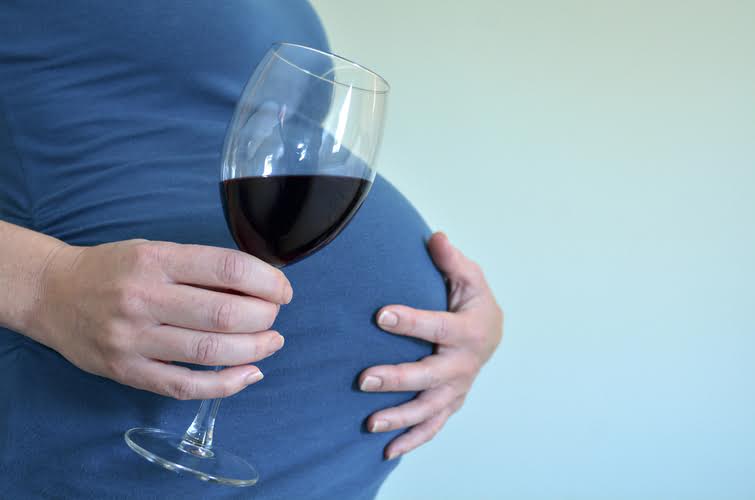Alcohol may offer temporary relief from stress, but it exacerbates anxiety and depression in the long run. Quitting alcohol is likely to offer substantial benefits for mental health. Research suggests that abstaining from alcohol helps reduce anxiety and stabilize mood. Over time, this can lead to improved relationships both personally and professionally and an increased capacity to tackle the stresses of professional life. Make sure you’re drinking throughout the day and not too close to bedtime. Cut yourself from liquids at least two hours before bed to avoid middle-of-the-night bathroom trips.
Learn More About Sleep Hygiene
The rebound effect is a principal actor in the drama of alcohol withdrawal and the resultant insomnia. As we bid goodbye to alcohol, our bodies fight to restore equilibrium. This biological phenomena catalyzes an overproduction of certain chemicals in the brain that were previously suppressed by alcohol. Remember, understanding what’s happening to your sleep when you quit alcohol is half the battle.
Recognizing the Symptoms
There are many other lifestyle strategies for insomnia such as yoga, meditation, and sauna or steamroom therapy. While these can be helpful, especially in the months after quitting drinking, the importance of biochemical repair for alcohol withdrawal cannot be overstated. Even though supplements and medications can help tremendously for alcohol can’t sleep without alcohol withdrawal insomnia, they are not necessary in every case. In other cases, they are necessary, but not sufficient to guarantee that you get the best night’s sleep possible. Alcohol can have a sedative effect, making it easier to fall asleep initially. However, the quality of sleep obtained after consuming alcohol is often compromised.
Alter what you drink
- So, when you quit alcohol, your stress and anxiety levels may spike, and these elevated levels are not conducive to peaceful sleep.
- Alcohol withdrawal insomnia may clear up when withdrawal symptoms subside.
- As alcohol starts to leave your system, there’s a rebound effect which stimulates your brain and disrupts your sleep cycle.
- The length of your nap will depend on how late you’re hoping to stay awake.
- But you’ll need self-discipline to stop streaming or scrolling, said Dr. Dianne Augelli, an assistant professor of clinical medicine at Weill Cornell Medicine.
Alcohol often does reduce sleep onset latency—the time it takes to fall asleep. Depending on how much alcohol is consumed, however, what seems like falling asleep may be something closer to passing out. And we quickly build a tolerance for the sedative effects of alcohol, which means you may need to drink more to have the same initial sleep-inducing effects. Engaging in regular exercise can have a positive impact on your sleep. Physical activity helps to reduce stress and tire your body, making it easier to fall asleep at night.
Can’t sleep without alcohol? Here’s how to sleep without alcohol
Consuming more alcohol may make you feel buzzed, and you may even get drunk. Foods and drinks like coffee, tea, soda, energy drinks, and chocolate have various amounts of caffeine in them. People’s tolerance to alcohol as a sleep aid rapidly increases, leading to insomnia and alcohol dependence. As alcohol enhances the GABA’s function, it causes a slowing of brain activity, which can make a person feel sleepy and tired. The information we provide while responding to comments is not intended to provide and does not constitute medical, legal, or other professional advice.

Slip something else into your drinking schedule
- Although alcohol might seem to help individuals fall asleep faster due to its sedative properties, it significantly deteriorates sleep quality as it progresses through the body.
- Additionally, alcohol can worsen snoring and sleep apnea, further disrupting sleep patterns.
- If you are already tired because you’re short on quality sleep, you will have a harder time staying up late.
- That’s why understanding the severity of your insomnia is crucial in devising a strategy for mitigating its impact.
You may begin to feel the effects of alcohol within 10 minutes of drinking. Recalling a serene memory or imagining a peaceful setting can help reduce the stressors of the day to prepare your mind and body for sleep. Methodically visualize your stress leaving the body as you embrace each sensory detail of your imagined scene. Take slow, deep breaths and focus on the details, including sights, sounds, and smells to immerse yourself in the calming space. The sedative effect of alcohol leads to drowsiness, which can help with falling asleep initially.
- Over 80% report trying to abstain from alcohol for a different month or period of time.
- The science behind why some people have insomnia and other people sleep well is complicated.
- I would also make sure to integrate some of the lifestyle strategies from the section above.
- This situation could be helped immensely by an herb like mucuna pruriens, or an amino acid like DLPA.
- Most people find that sleeping on their side is the best position for a good night’s sleep.
Police Killings of Unarmed Black People Impact Sleep Health of Black Community

The circadian rhythm – the innate biological clock that manages our sleep-wake cycle – holds a crucial role in this narrative. Alcohol is known to disrupt this rhythm, altering our sleep patterns when consumed in excess. When you quit alcohol, the disrupted rhythm doesn’t instantly revert to normal – it takes time to normalize. If you have alcohol use issues, you may experience insomnia when drinking, during withdrawal, and months or years after going sober.
Leave a Reply